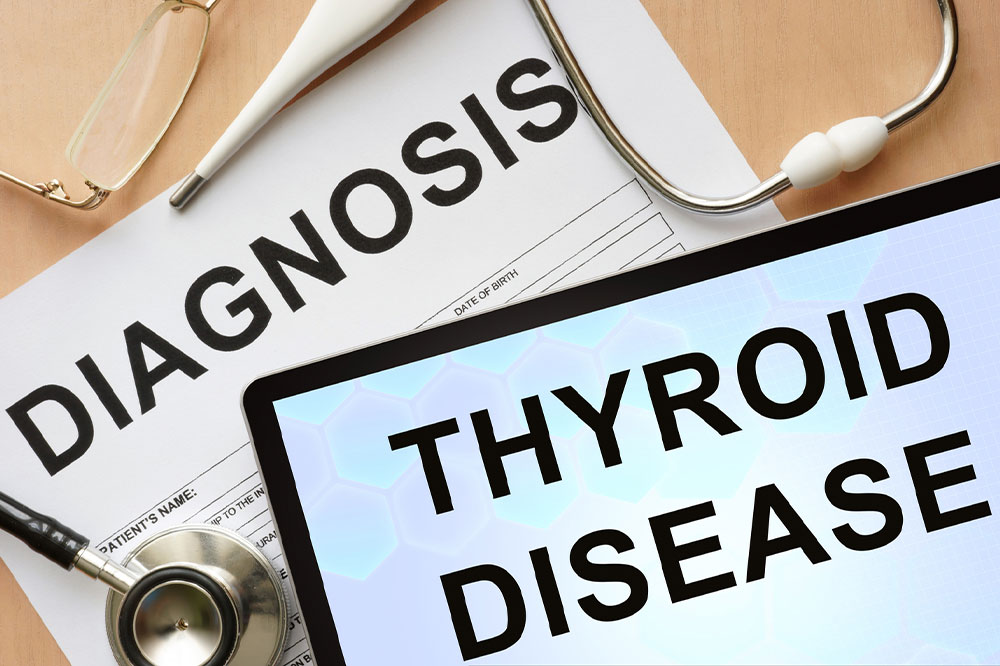Understanding Thyroid Disorders: Symptoms, Causes, Natural Approaches and Risks
Discover key insights into thyroid health, including symptoms, causes, natural remedies, and potential risks. Learn how autoimmune and lifestyle factors influence thyroid function and explore effective approaches to manage thyroid disorders naturally and medically for better well-being.
Sponsored

The thyroid, a butterfly-shaped gland at the front of the neck, produces hormones vital for metabolism and growth. Regulated by the pituitary gland in the brain through TSH, it controls hormone levels like T4 and T3 responsible for temperature, heart rate, and respiration, along with calcitonin which manages blood calcium.
What role does the thyroid play?
Imbalances in thyroid hormone production lead to conditions like weight fluctuations, fatigue, anxiety, depression, hair thinning, and irregular periods. Excess production results in hyperthyroidism, while insufficient levels cause hypothyroidism.
Hyperthyroidism, or overactive thyroid, results from excessive hormone output, commonly due to autoimmune issues like Graves’ disease. It may also be caused by thyroiditis, tumors, or excess iodine intake.
Symptoms include swollen neck (goiter), nervousness, rapid heartbeat, tremors, increased appetite, weight loss, heat intolerance, sweating, menstrual changes, and impotence.
Hypothyroidism, or underactive thyroid, is often caused by autoimmune conditions such as Hashimoto’s, inflammation, or gland removal. Damage to the pituitary can also be a factor.
Signs include fatigue, weight gain, cold sensitivity, dry skin, hair loss, and constipation. Mild to severe, these symptoms impact daily life but are manageable with proper care.
Thyroid issues stem from autoimmune and non-autoimmune causes. Autoimmune factors include Hashimoto’s and Graves’ diseases; non-autoimmune causes encompass iodine deficiency, pituitary problems, stress, medication side effects, and sleep deprivation. Sometimes, the cause remains unknown.
Common symptoms involve tiredness, weight changes, skin and hair issues, mood disturbances, muscle weakness, and menstrual irregularities. Severe cases may cause irregular heartbeat or tremors.
Addressing thyroid health involves both natural and medical interventions. Lifestyle modifications such as balanced diets rich in fruits, vegetables, lean proteins, and healthy fats, along with herbal teas, can support thyroid function. Regular physical activity boosts circulation and nutrient delivery.
Stress reduction through yoga, meditation, and adequate sleep helps maintain balance. Supplements like iodine, selenium, and zinc may also be beneficial, but consultation with a healthcare provider is essential for personalized care.
Early detection and treatment are crucial for effective management of thyroid disorders and improving quality of life.






